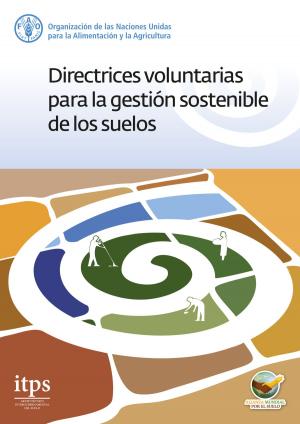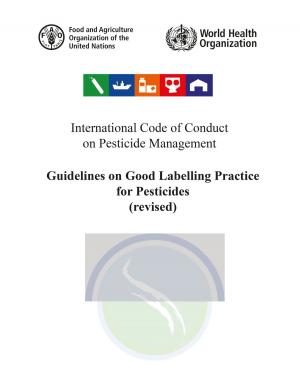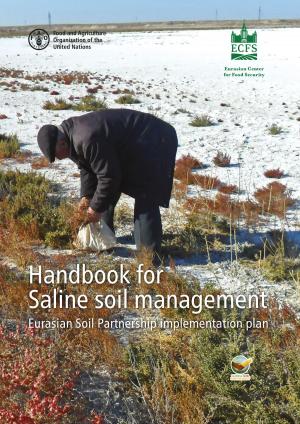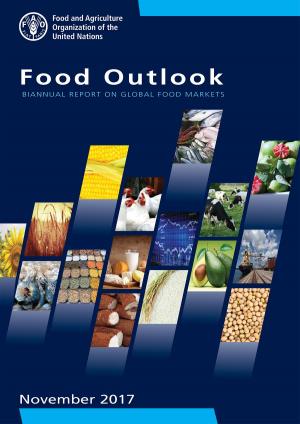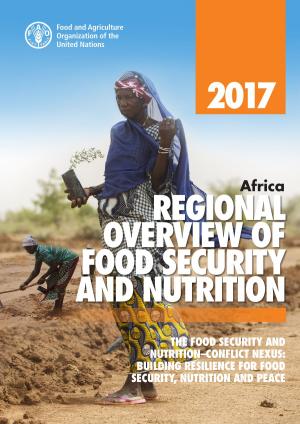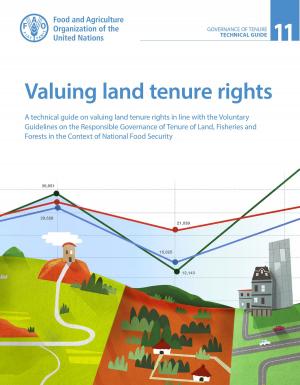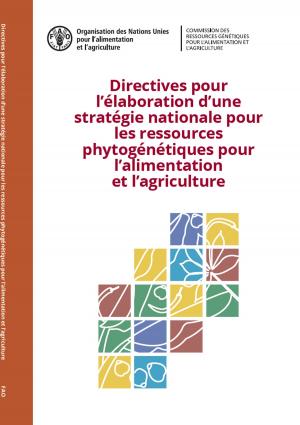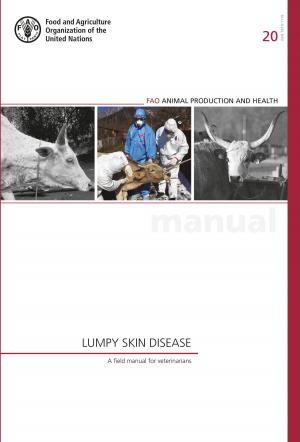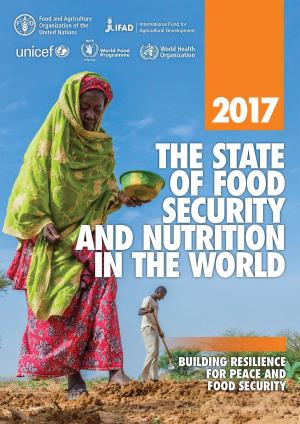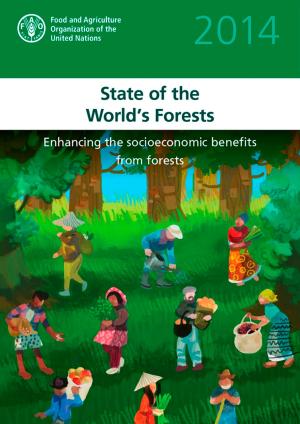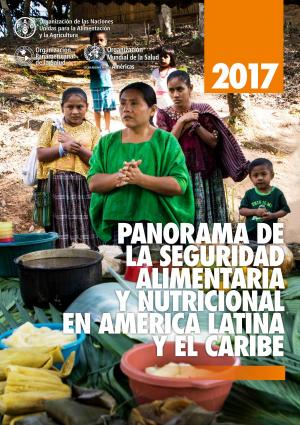2018 The State of the World’s Forests: Forest Pathways to Sustainable Development
Nonfiction, Science & Nature, Technology, Agriculture & Animal Husbandry| Author: | Food and Agriculture Organization of the United Nations | ISBN: | 9789251305607 |
| Publisher: | Food and Agriculture Organization of the United Nations | Publication: | July 6, 2018 |
| Imprint: | Smashwords Edition | Language: | English |
| Author: | Food and Agriculture Organization of the United Nations |
| ISBN: | 9789251305607 |
| Publisher: | Food and Agriculture Organization of the United Nations |
| Publication: | July 6, 2018 |
| Imprint: | Smashwords Edition |
| Language: | English |
This edition of The State of the World’s Forests is aimed at enhancing our understanding of how forests and their sustainable management contribute to achieving several of the SDGs. Time is running out for the world’s forests: we need to work across sectors, bring stakeholders together, and take urgent action.
The State of the World’s Forests 2018 identifies actions that can be taken to increase the contributions of forests and trees that are necessary to accelerate progress towards the SDGs. It is now critical that steps be taken to work more effectively with the private sector, and the informal forest sector must be transformed in order to bring broader economic, social and environmental benefits.
Seventy years ago, when FAO completed its first assessment of the world’s forest resources, the major concern was whether there would be enough timber to supply global demand; now we recognize the greater global relevance of our forests and trees. For the first time, The State of the World’s Forests 2018 provides an assessment of the contribution of forests and trees to our landscapes and livelihoods.
The purpose of this publication is to provide a much wider audience with an understanding of why forests and trees matter for people, the planet and posterity.
This edition of The State of the World’s Forests is aimed at enhancing our understanding of how forests and their sustainable management contribute to achieving several of the SDGs. Time is running out for the world’s forests: we need to work across sectors, bring stakeholders together, and take urgent action.
The State of the World’s Forests 2018 identifies actions that can be taken to increase the contributions of forests and trees that are necessary to accelerate progress towards the SDGs. It is now critical that steps be taken to work more effectively with the private sector, and the informal forest sector must be transformed in order to bring broader economic, social and environmental benefits.
Seventy years ago, when FAO completed its first assessment of the world’s forest resources, the major concern was whether there would be enough timber to supply global demand; now we recognize the greater global relevance of our forests and trees. For the first time, The State of the World’s Forests 2018 provides an assessment of the contribution of forests and trees to our landscapes and livelihoods.
The purpose of this publication is to provide a much wider audience with an understanding of why forests and trees matter for people, the planet and posterity.

